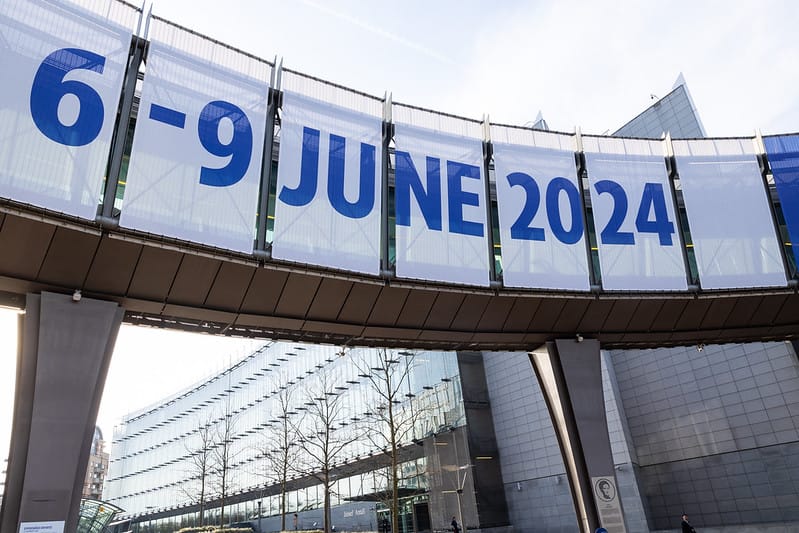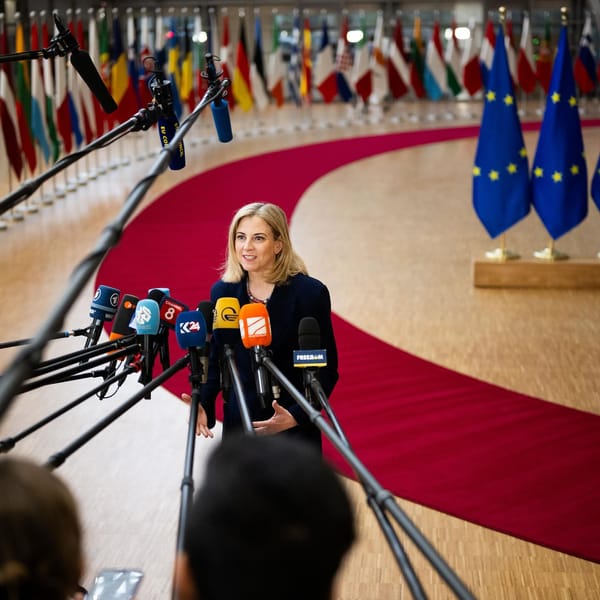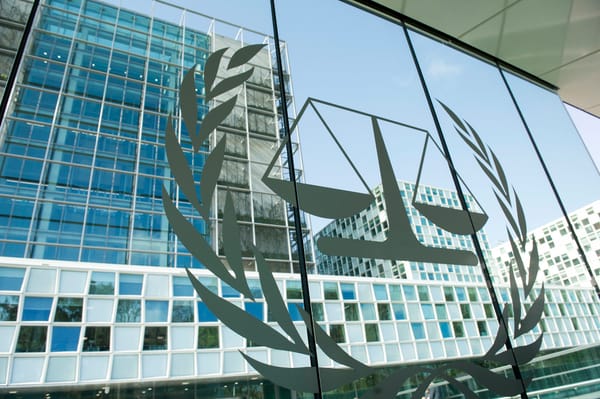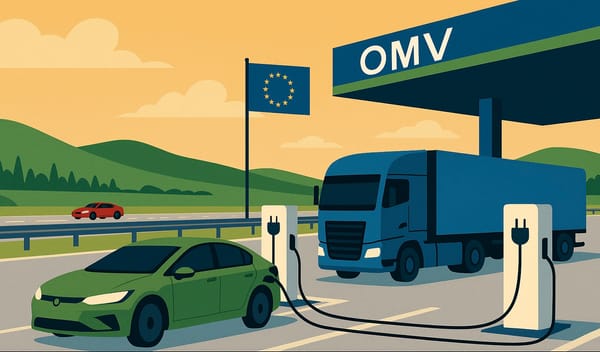
Far-right up in polls ahead of EU vote
The EU elections, which will be held from on 6-9 June, involve nearly 400mn voters across 27 countries deciding on 720 seats in the European Parliament (EP).
The vote will decide who will lead the European Commission (EC), with EC President Ursula von der Leyen vying for a second term, shaping the trajectory of the EU over the next five years. The elections are taking place against a backdrop of issues including the war in Ukraine, economic challenges, the green transition, and the rise of far-right political movements.
Opinion polls suggest a surge in support for extreme-right lawmakers, with projections indicating that these factions could secure up to a quarter of seats in the next EP. However, despite this, von der Leyen’s centre-right European People’s Party (EPP) and the centre-left Socialists & Democrats are anticipated to retain their dominance.
CEE more central than in earlier elections
EU-member states in Central and Eastern Europe (CEE) have been at the forefront of debates on issues such as migration, security, and identity. These countries have taken strong stances on immigration and have clashed with EU institutions over issues of sovereignty and the rule of law, making it a key battleground that will shape the future direction of the EU.
Polish Prime Minister Donald Tusk, who leads the centrist, pro-EU Civic Coalition (KO), has focused his campaign on national security and countering Russian threats, in the wake of its invasion of Ukraine. Eurosceptic Law and Justice (PiS) party’s scored recent victories in parliamentary and local elections, despite losing power due to a lack of coalition partners. Both parties are striving to mobilize their bases, with PiS emphasizing fears about adopting the euro, rising energy costs, and the EU’s climate policies. Opinion polls show a tight race between KO and PiS, with KO 1 percentage point ahead, polling 35% to PiS’s 34%.
In Slovakia, following the recent assassination attempt on Slovak Prime Minister Robert Fico, campaigning has been subdued, with his left-populist Smer party ahead in the polls. Smer, which opposes sending weapons to Ukraine and brands itself as the “peace” party, has overtaken the centre-right opposition Progressive Slovakia. Politicians are now under pressure to maintain a lower profile and avoid further escalation.
In Austria, the far-right Freedom Party (FPO) leads the polls with slogans against EU policies, asylum, and climate measures. The FPO leads with 27% of the vote, ahead of the governing conservative People’s Party (OVP) and the opposition Social Democrats, both polling at 22%. The Green Party faces internal struggles, with controversies surrounding its lead candidate, climate activist Lena Schilling. The focus on Schilling has overshadowed the FPO’s own controversies, from its lead candidate calling for Orbán to become EC president to the party’s posters accusing von der Leyen of “war-mongering”.
German Chancellor Olaf Scholz called the recent attacks on politicians and campaigners in Germany ahead of the European elections “attacks on our democracy concern all of us. Some populists are calling for Germany to leave the EU. Others see Putin’s Russia or Xi Jinping’s China as role models for Europe and want to dismantle the EU. What self-destructive madness,” Scholz added.
Countries like Hungary and Poland grapple with the tension between nationalist policies and EU relations. Hungarian Prime Minister Viktor Orban’s nationalist rhetoric clashes with EU expectations, posing challenges for Hungary’s future in the EU.
Like Fico, Orban has also played the peacenik, on Saturday 1 June, he backed his candidates in the EP election and claimed that that Hungary could only stay out of the war if Hungarian voters backed up the government. “Our mission is to stay out of the war and preserve Hungary as an island of peace,” Orban said, adding that “Either we win or they win. There is no third way, only a third world war.”
Security is a key issue in the Baltic states of Estonia, Latvia, and Lithuania, in the face of Russian aggression. Estonian Prime Minister Kaja Kallas said: “Security is paramount for Estonia. Our elections will reflect our commitment to safeguarding national interests.” These countries are focusing on robust defense policies while addressing domestic economic concerns.
In contrast, Serbia and Montenegro are navigating their paths toward EU membership. Serbia’s elections reflect its complex balancing act between EU ambitions and regional stability, particularly regarding relations with Kosovo. Serbian President Aleksandar Vucic said: “Our foreign policy must balance EU aspirations with maintaining regional stability.”
Economic benefits of EU vary across CEE
According to polls, EU voters are focused on economic stability and whether to continue with austerity measures or increase public spending to stimulate growth. Economically, CEE countries have experienced varying levels of growth and development since joining the EU. While countries like Poland and Slovenia have seen significant economic progress, others, such as Bulgaria and Romania, continue to face challenges related to corruption, infrastructure development, and income inequality.
Corruption is a pivotal issue in Bulgaria and Romania, while demand for transparency and accountability is driving discourse. Romanian President Klaus Iohannis said: “Fighting corruption and strengthening democracy are essential for our country’s future.” In Bulgaria, protests against corruption have put immense pressure on the government to implement transparent governance.
Far-right candidates are gaining traction by appealing to voters’ sentiments on cultural and economic sovereignty, and advocate for tighter border controls and a shift towards bilateral decision-making over Brussels-centric governance.
A stronger presence of far-right voices in Brussels could significantly influence EU policies on crucial fronts. From negotiations with Ukraine to fortifying European defense against Russian expansionism and advancing the bloc’s climate agenda, these elections hold the potential to reshape the EU’s trajectory.
Despite these challenges, a recent Eurobarometer poll revealed that nearly seven out of ten Europeans view the EU as a bastion of stability in a turbulent world. This sentiment underscores a reluctance among member states to entertain the idea of Brexit-like departures.
Future implications for EU
The green transition is another area of interest in CEE, many of which rely heavily on fossil fuels for energy production. Transitioning to renewable energy sources while balancing economic growth and environmental sustainability poses a significant challenge for these nations.
With climate change high on the agenda, the EU’s Green Deal and its carbon neutrality targets by 2050 are under scrutiny. The elections will gauge public support for climate policies and renewable energy investments amid rising energy prices.
Migration also remains a contentious issue. Policies on refugees, border security, and integration will be major electoral battlegrounds, reflecting broader concerns about security and humanitarian responsibilities.
The elections will impact the EU’s cohesion and future enlargement. For candidate countries, successful reforms and political stability are prerequisites for EU membership. For existing members, the elections will determine their stance on deeper integration versus national sovereignty. The choices made in the polling booths will not only determine the composition of the EP but will also chart the course for the EU’s response to pressing global challenges. “The decisions made in these elections will influence the trajectory of EU expansion and the internal cohesion of the Union,” analyst Ana Petrovic said.





